

Dive into the world of contract agreement letters with our detailed guide, brimming with tailored letter examples. Ideal for professionals and individuals alike, this guide demystifies the nuances of crafting a contract letter, emphasizing the importance of precision and legal clarity. With an array of letter examples, it equips you with the tools to effectively communicate terms, fostering successful agreements. This resource is indispensable for anyone seeking to confidently navigate the complexities of contract agreements.
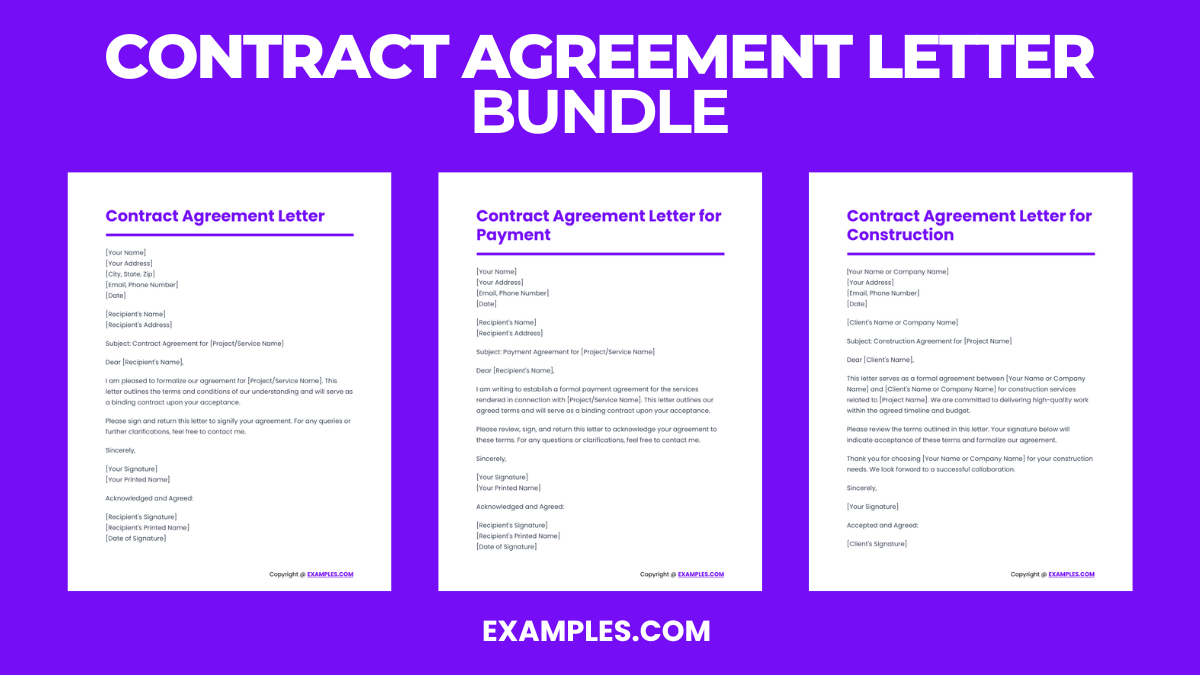
Though most contracts are more than a few pages in length, for situations where you don’t have the time to sit down and discuss the exact terms of an agreement but still need to get some work done as soon as possible, or when you’d rather keep it simple with a one-page document, contract agreement letters are used in place of a regular contract.
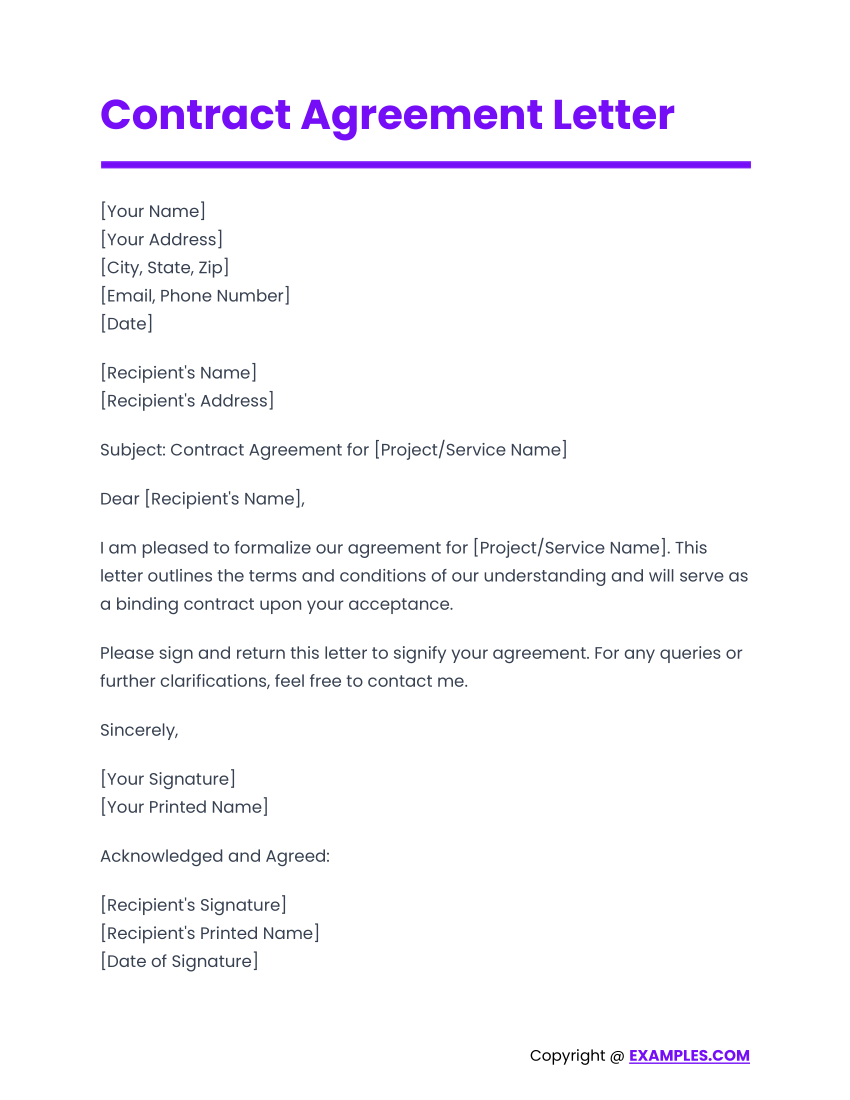
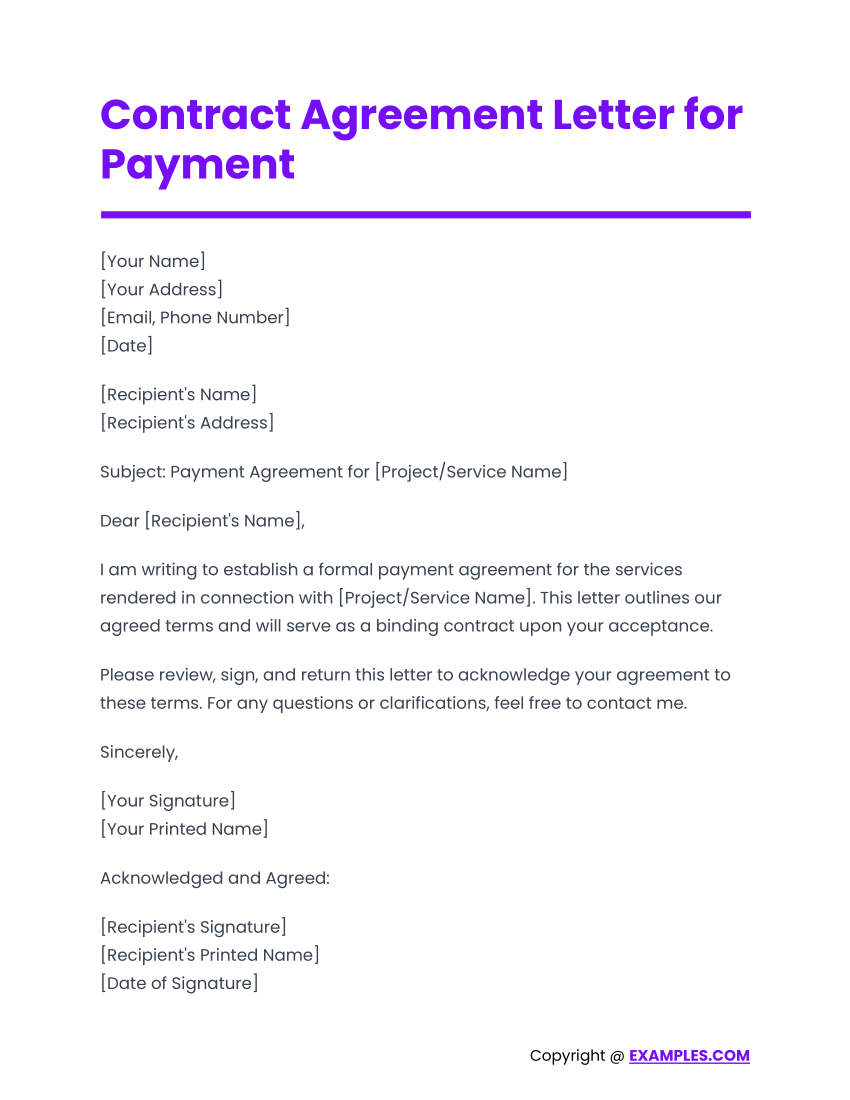
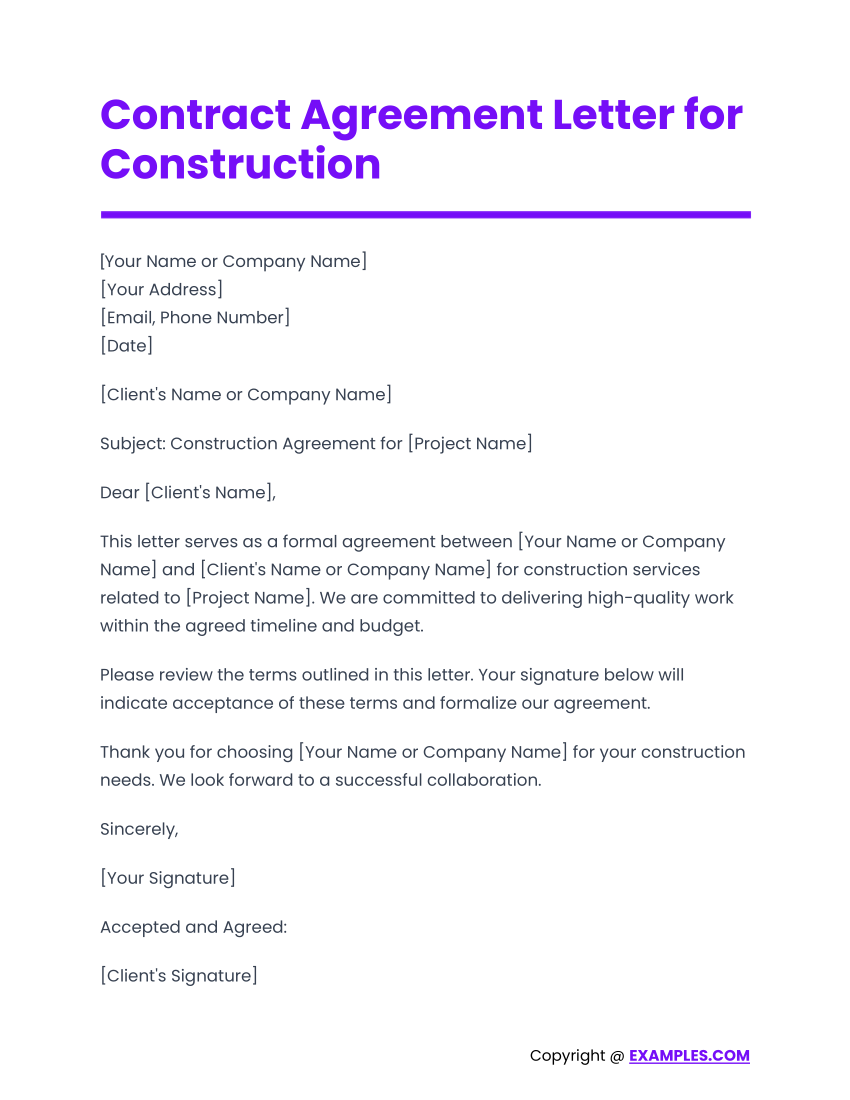

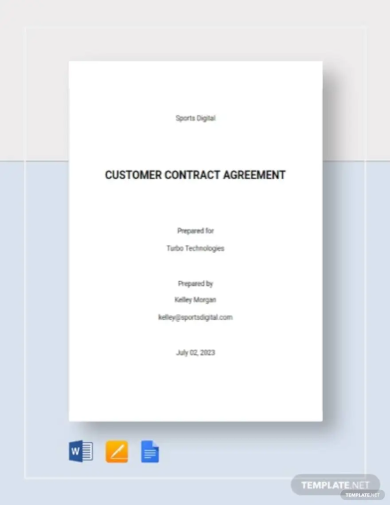
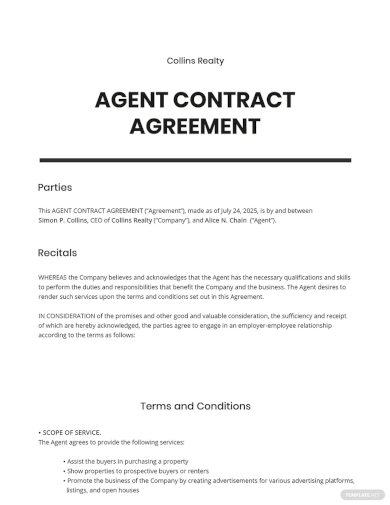
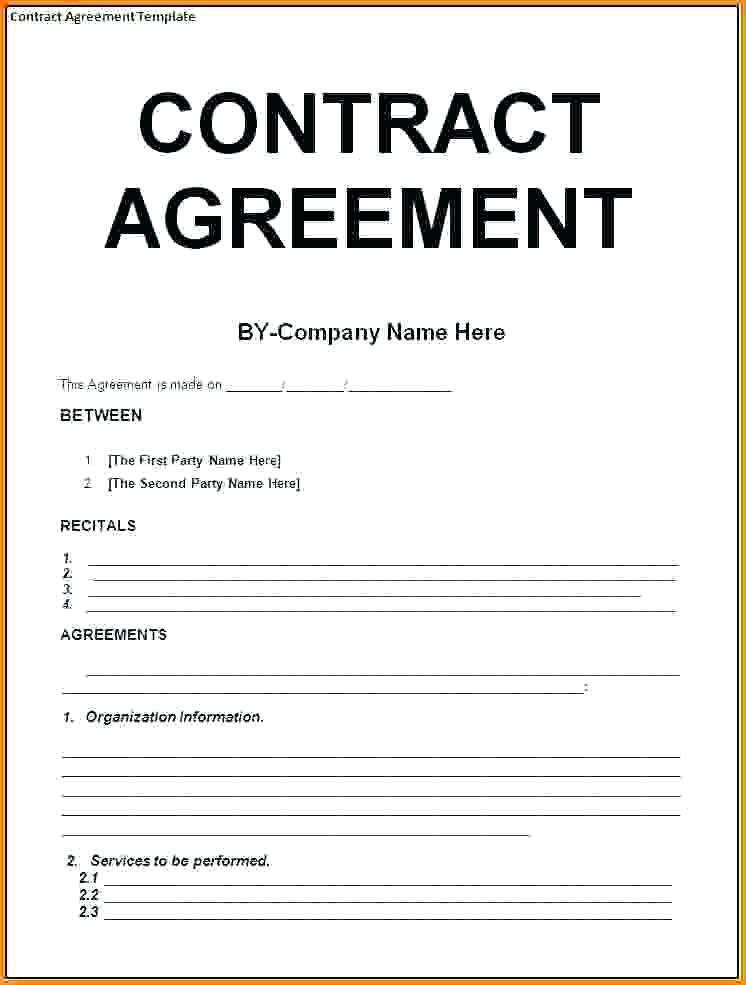
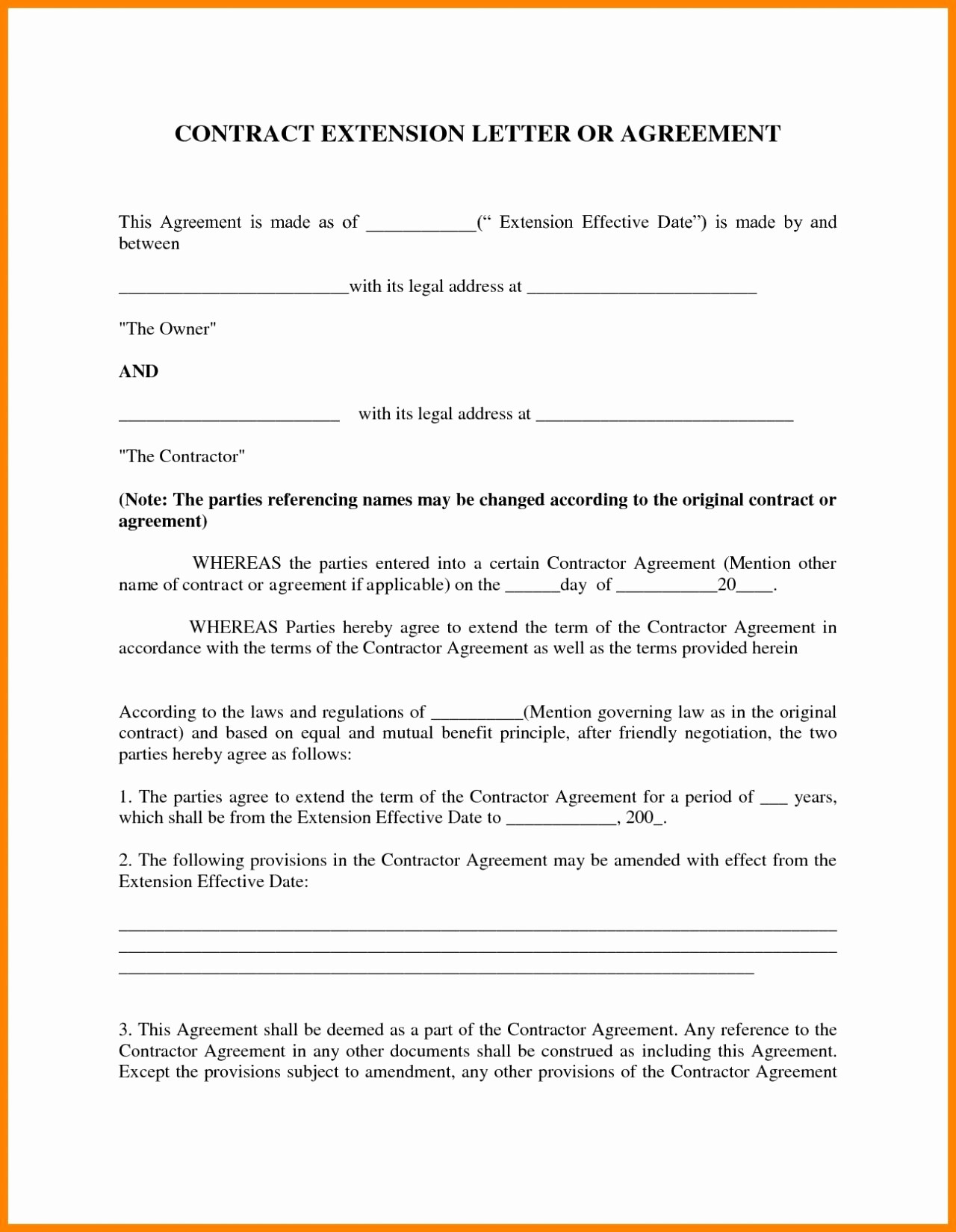
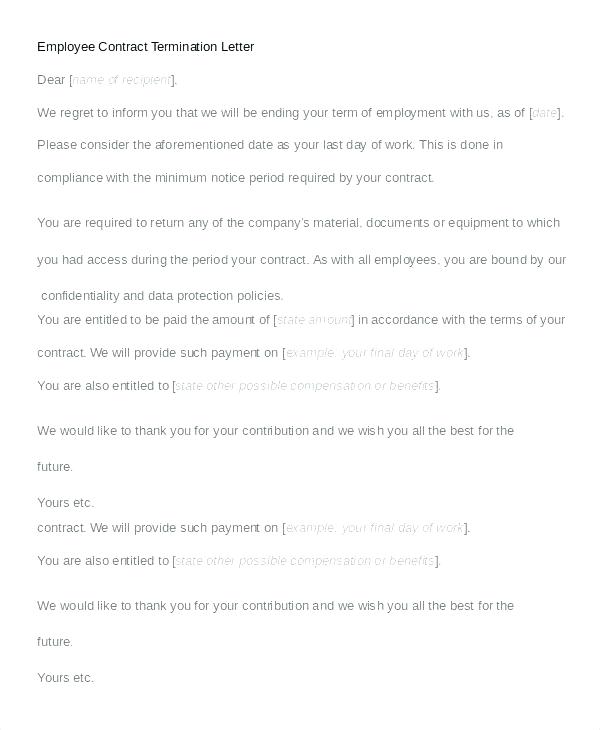
A contract agreement letter is a special document that is drafted to a person or entity that will be completing a set of tasks for you. This is used to notify the recipient that he or she may begin working under certain terms. You may also see business agreement letter examples.
For instance, you might be hiring a contractor for a particular job, but you decide to write a contract letter to allow him to begin work before the exact terms of the agreement have been established. There are also times when the contract letter is used to represent the entire contract agreement between two entities. Because of this, it’s important to sit down and think through your intentions for the agreement before you start drafting it.
One common reason why agreement letters are required is for instances where people have orally agreed to work for someone, but would still want a written agreement to document their terms. Simple agreement letters may be used for a variety of purposes, depending on the author’s primary intention. They could be used for business partnerships, and permanent (for regular workers) or temporary (for contractual workers) employment. They could also vary in content and length, depending on what is offered or required from the recipient.
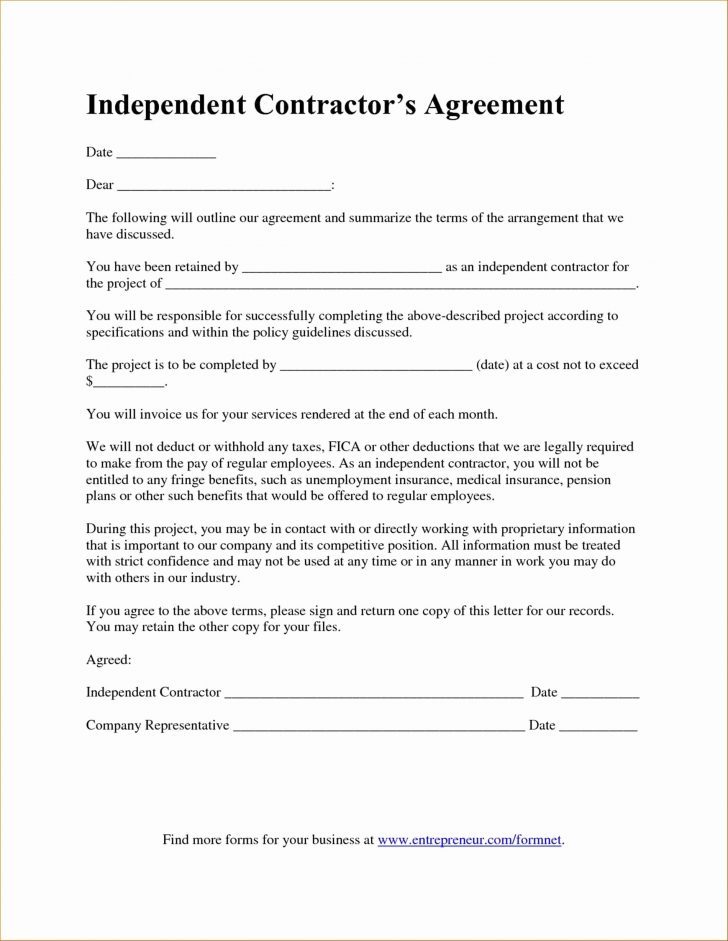
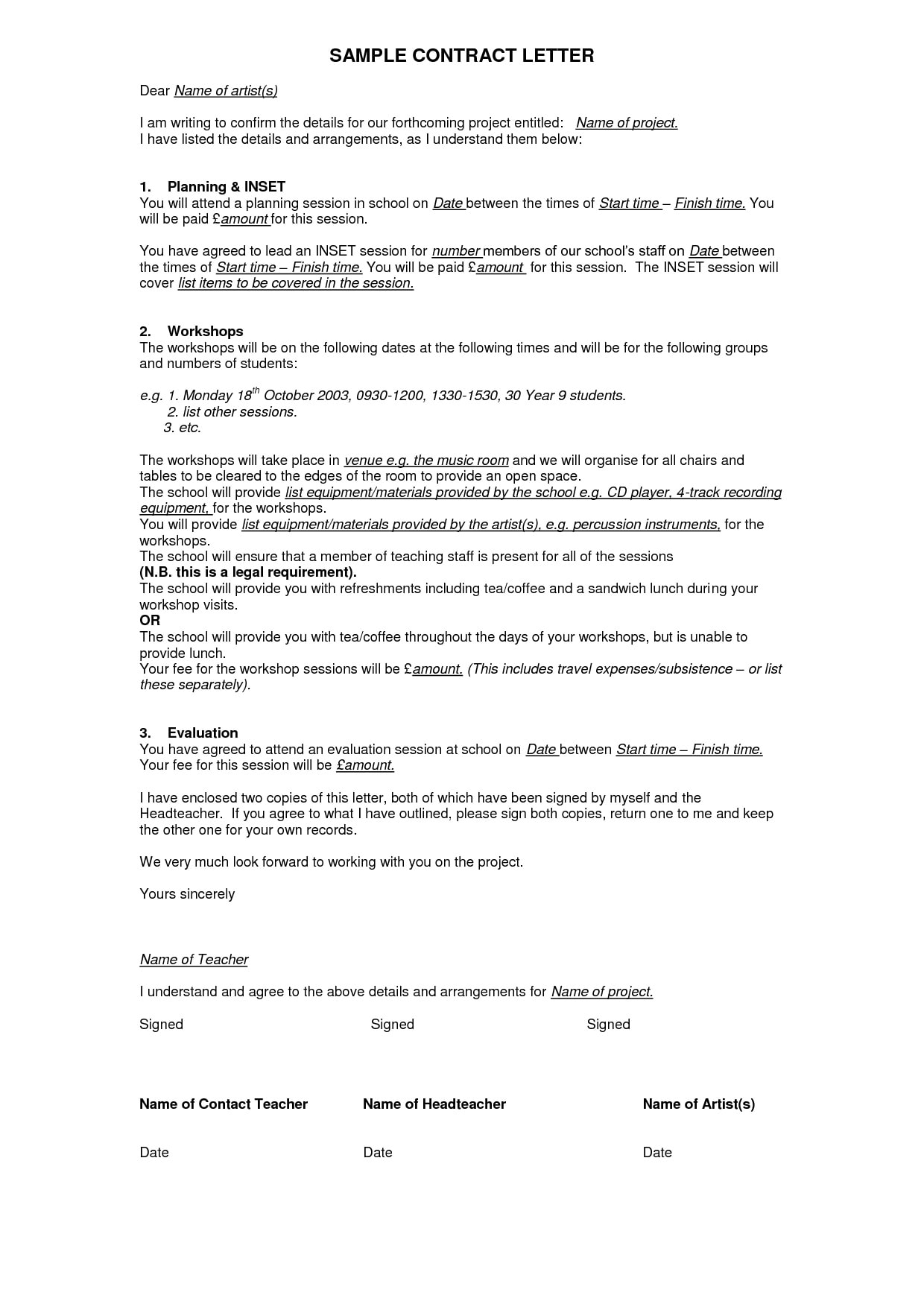
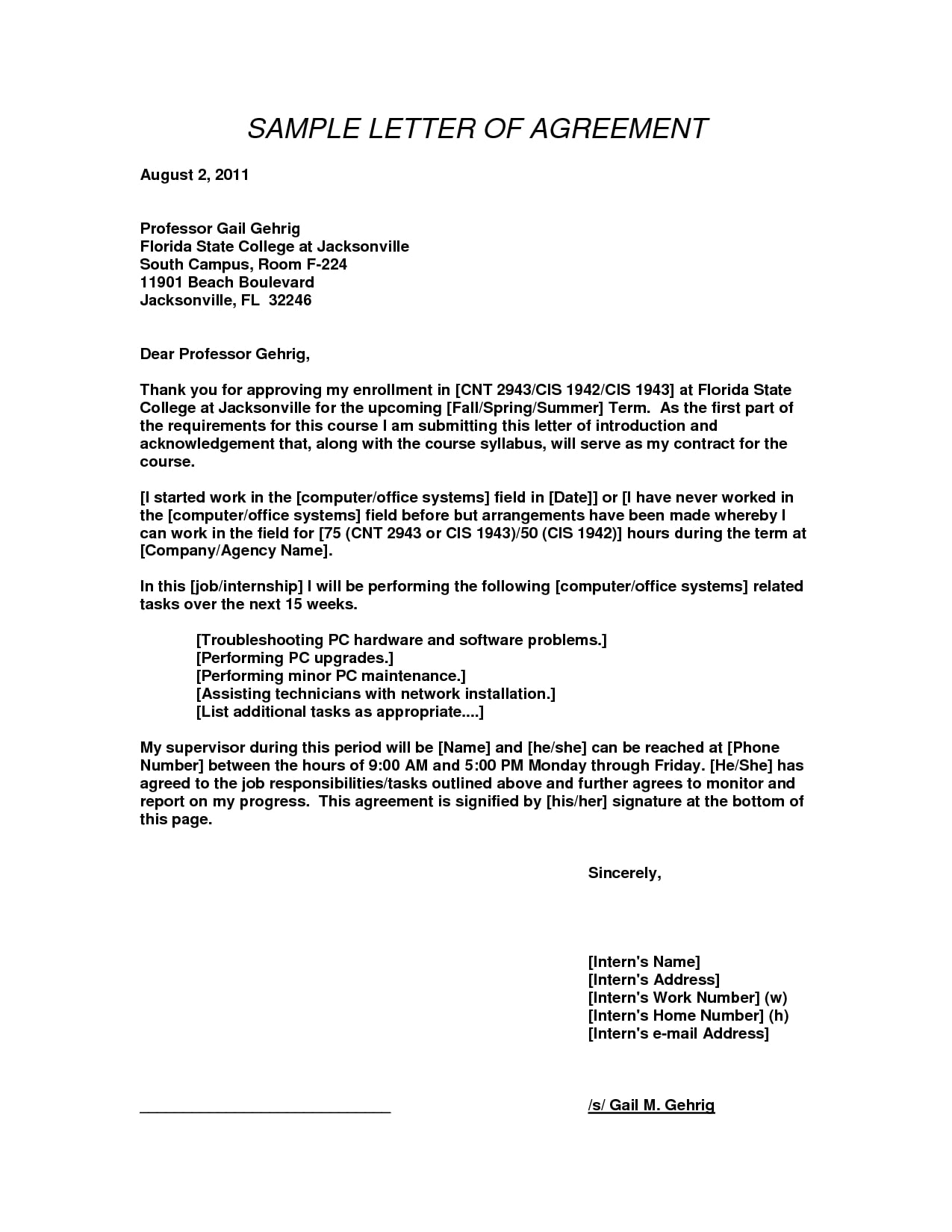
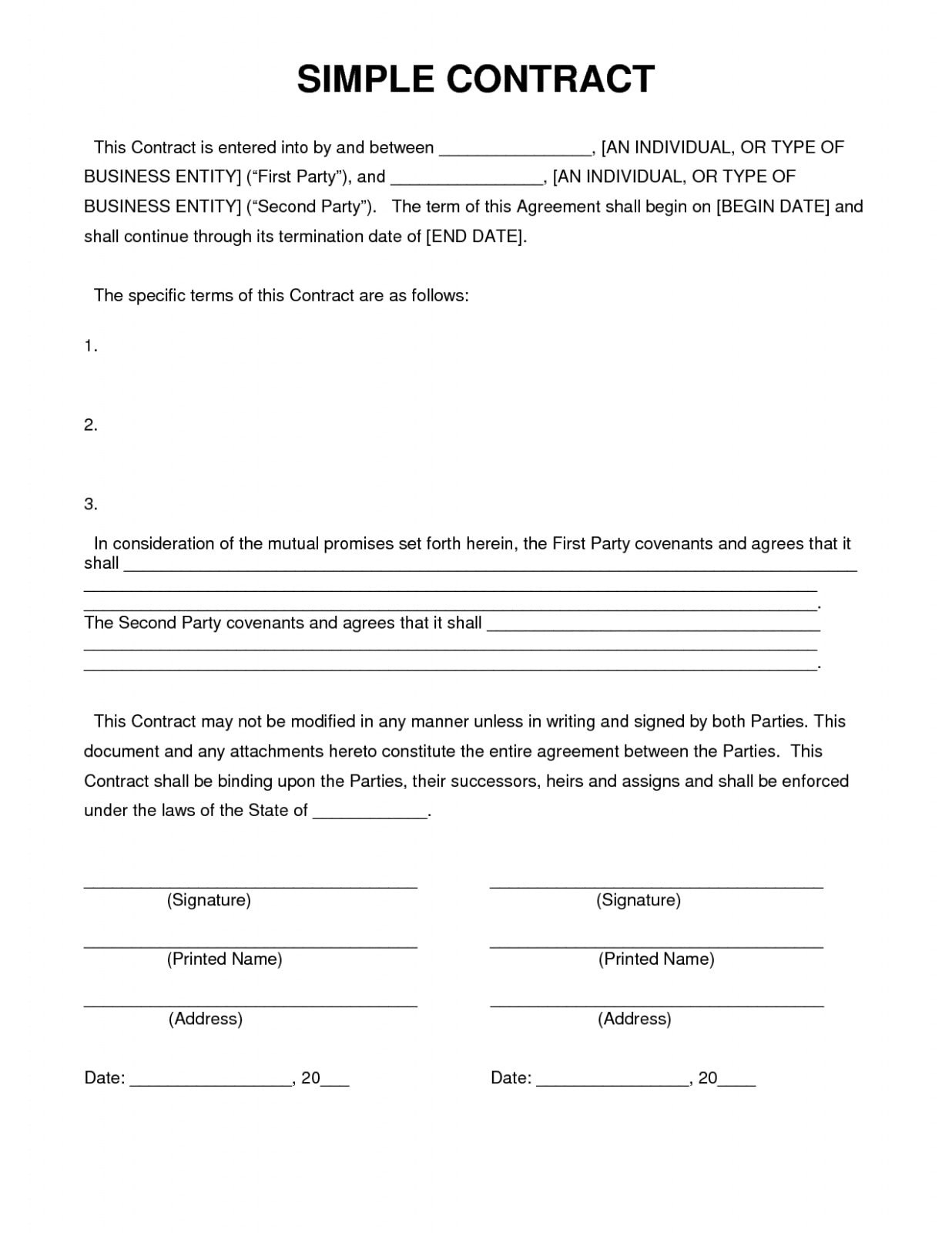
Contracts and agreements are terms that are often used interchangeably in the world of business. The key differences between the two are only minor, wherein the outline of a contract is more formal and rigidly presented as opposed to the terms outlined in an agreement. If you’re in the position to write a business agreement or contract, the following guidelines may come in handy:
While oral agreements are considered legal and binding in many cases, they can be quite difficult to enforce in court. That’s because if a breach in the said contract does occur, it’s nearly impossible to prove that an agreement has been made without sufficient evidence to support one’s claims. In a business setting, most general agreements must be written even if the law does not require it.
A written agreement is a lot less risky compared to an oral agreement, mostly because having a physical document that clearly spells out each party’s rights and obligations in case of a disagreement, or perhaps even a breach, puts you in the right.
Contrary to what many believe, you don’t have to use big, industry-specific words to make the contract enforceable. This isn’t necessary, nor is it recommended, as this can only complicate the situation and make it difficult for readers to grasp. You may also see marketing agreement templates and examples.
Instead, stick to a simple language. Focus on the readability of the document by constructing short, clear sentences with numbered paragraph headings. This is often done to alert the reader about what’s being emphasized in the paragraph. You may also like rental agreement letter examples.
It’s always best to communicate directly with the person in charge. Negotiating with a junior person, or someone who follows orders and is not authorized to make stern decisions, can be a time-consuming process. There’s no guarantee they’re delivering your message the way you want them to, so if you sense that something like this is happening, make a polite request that would direct you to their superior officer. You may also check out how to write an agreement letter.
You need to make sure the person you negotiate with has the power to bind the business and that this individual can ensure that the business will abide to its obligations under the agreement.
For assurance, you could either consult with one of the business owners, or with the company’s chief executive officer or chief operating officer.
It’s important to include the correct legal names of the parties involved to make their specified roles and responsibilities clear. This is used to verify the obligations that must be performed by each party, as well as who you have legal rights against in case something goes wrong. You might be interested in service agreement examples.
The body of the commercial agreement is the most critical part of the document. It should spell the rights and obligations of each party in full detail. Anything that was discussed verbally but was not included in the written contract may not be imposed the way you want it to. In contract law, contracts are strictly interpreted from its “four corners,” and not from what the parties said to each other.
But in case you forget to include something in the contract, you could either write a short amendment, or handwrite the changes to the unsigned contract.
Money is a complicated issue that many businesses value to a particular extent. This is why it’s essential to specify payment obligations in the contract.
Answers regarding who pays whom, when the payments must be made, and the payment conditions to adhere to must be indicated properly. You might want to consider specifying your payment methods as well, given how some people would rather receive a check or charge card, while others would prefer being paid in cash. You may also see what is agreement?
It’s not unusual for a business to pull out of a deal due to the poor performance exhibited by the opposite party, so it only makes sense to set out the circumstances under which the parties are allowed to terminate the contract. Say for example, if one party fails to meet numerous important deadlines, the other party should be given the right to terminate the contract without violating the basic agreement.
Rather than bringing your arguments to court, you can agree on other alternatives to handle your dispute. This can be done through arbitration or mediation. Your contract should discuss what you and the other party could do in case something goes wrong. You may also like promotion agreement examples.
It is possible for two parties under a shared contract to belong to different states. When this happens, the best you could do is to pick only one of the state’s laws to apply to the contract.
In addition to that, you should also specify where you will mediate, arbitrate, or bring legal actions under the contract in the event of a dispute.
Contracts and agreements generally carry classified information that should not be revealed to an unauthorized entity. Hence, non-disclosure confidentiality agreements are made. It’s vital for the agreement to dictate how the information should be handled and that any business information learned by each party while performing the contract must be kept strictly confidential.
The party held accountable for exposing private information to the commercial public may face consequences depending on what is stated in the contract.